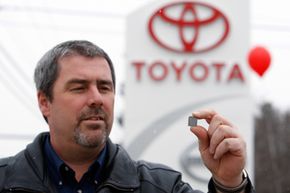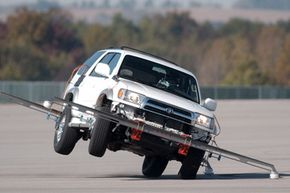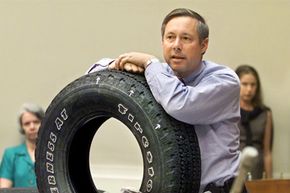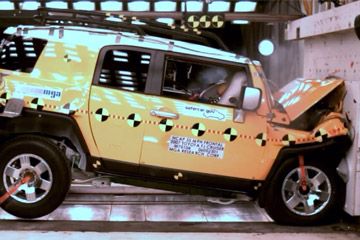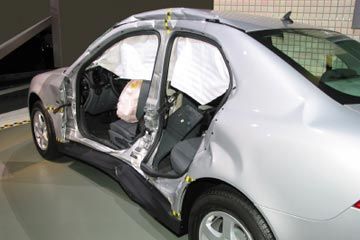Laptop batteries that catch fire. Pet foods that make animals sick. Children's toys covered in lead paint. It's hard to pick up a newspaper, watch TV or browse the headlines online without stumbling onto a report of a recall. In the past few years, there have been recalls for beef, chicken, candy bars, spinach, peanut butter, medicines, power tools and baby cribs. Basically, anything you can buy can also be recalled -- including automobiles.
An automotive recall is a way for a manufacturer to tell you that there could be something about your car or truck that presents a risk of injury or property damage. And if you want to drill down to the very core of the issue, automotive recalls are intended to fix known problems with vehicles in an effort to keep roadways safer. Traffic crashes are the number-one killer of Americans under the age of 34, and a staggering 42,000 deaths are recorded each year on U.S. highways [source: ODI]. Some of those lives could be saved by repairing unsafe vehicles or removing them from the roads. But who has the authority to do something like that?
Advertisement
The answer isn't who, but rather what. In the United States, the U.S. Department of Transportation's National Highway Traffic Safety Administration (NHTSA) sets the national safety standards and can influence -- or in some cases order -- an auto manufacturer to repair safety-related defects at no cost to the consumer [source: ODI]. Even if the fix is something as minor as a missing washer or a faulty electrical connection, the manufacturer stands to lose millions of dollars in the process -- it all depends on the number of cars and trucks affected by the recall, the cost of the replacement parts and the time it takes a technician to make the repair. So, as you can imagine, the automotive industry sometimes resists the idea of undergoing a full-scale recall.
With that in mind, how does an automotive recall begin? And, other than the NHTSA, is there anyone else involved?
Advertisement
